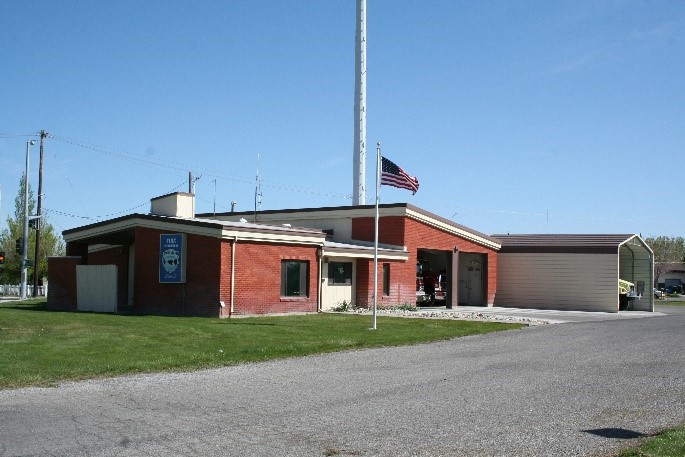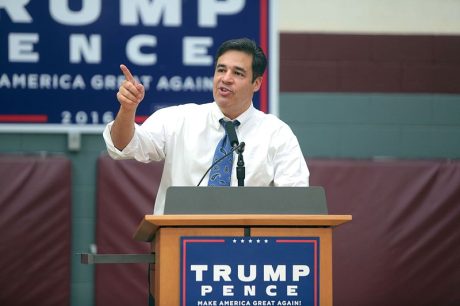
There’s both good and not so good news in the Twin Falls City Council’s recent approval of a plan to build two new fire stations for the growing city. The really good news is that the need can be met at less than half the price of a previously-rejected bond levy.
The not so good news is that the payments will still come from your pockets in the form of increased fees, and in the specs of the project itself which still seems adorned with “add ons.” (TN, 12/4/2020)
First, the plusses. It’s obvious that Twin Falls fire-fighting capabilities have been stretched by the city’s outward growth. Response times reflect this trend. Growth has meant longer distances from stations to perimeter housing and as the housing spread continues, that pattern makes existing station locations less viable. The current facilities simply aren’t able to hold modern fire trucks adequately or close enough to the growth areas.
That means expansion of stations is more or less inevitable. Our fire-fighters put their health, safety and lives on the line with every call; they need every advantage we can give them as they protect us all.
But the really good news is in the way the council moved on the project. With a pricey, three-station, $36 million bond proposal shot down by voters in 2019, it was apparent that citizens wouldn’t vote to raise their own property taxes with another bond proposal. After the bond defeat, that funding method was off the table. But then, how to move forward?
First, the council then wisely trimmed back the overall station plan, looking at two new facilities instead of three, funding through “no tax increase” methods and taking ideas and plans from other Idaho cities facing fire station upgrades. (TN, 3/30) These ideas were then rolled into a package costing less than half as much as the defeated bond levy. Then third station will wait.
The obvious lesson to citizens here is to be very skeptical of any “first time” ballot proposal; there’s usually a lower-priced alternative. In the case of the fire station bond proposal in 2019, there were numerous questions raised on Facebook and other venues.
Many public works projects, such as jail expansions, proposed recreation centers and other “wants,” are first presented as absolute needs. Mostly, they’re government growth which inevitably fall back on citizens. That’s not to say such proposals are over-sold, but as with autos, the sticker price is usually only the first option.
Now for the not-so-good news. One is in how the stations will be paid for. The city says it will shift monies from one account to another, then use fees coming in to cover the payments. (TN, 3/30). So where do the fees come from? People and businesses, that’s who. These will then likely be passed along in rising costs for new homes, etc. (TN, 12/4/2020). That means back to you, dear citizens, in the form of higher pricing. See, there really is no free lunch.
Beyond that, there’s still a question of what is really needed in new fire stations, and why. Twin Falls doesn’t have any women fire-fighters, yet the two stations are planned to have separate accommodations for female fire-fighters. When asked about this in 2019, the response was, they were looking to the future. Yet, here we are, two years later and still no female fire-fighters? So why not build what we need now with expansion for female staff to come later, when and if Twin Falls ever hires them?
The same logic applies to the proposed training center/tower, which citizens were told in 2019 would only be used a few times annually. So why not use Boise’s training facility when it’s needed and available? That would surely cost less than the proposed training center.
The lesson here is for citizens to keep a sharp eye and pencil on the details of public works, just as you would do if it were your own money, which it is.
Public works projects have a long history of “add ons” which may or may not be necessary, but which are signed off on by elected officials, usually because they want to “get it done” and not offend those pushing for the amenity. It then falls to citizens to keep careful watch.
Stephen Hartgen, Twin Falls, is a retired five-term Republican member of the Idaho House of Representatives, where he served as chairman of the Commerce & Human Resources Committee. Previously, he was editor and publisher of The Times-News (1982-2005). He can be reached at Stephen_Hartgen@hotmail.com.





